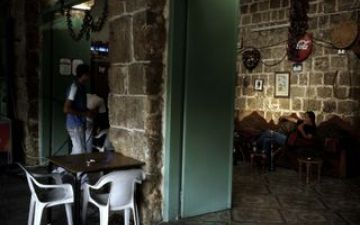Speaking Urdu In Gaza
Asim Rafiqui in Gaza, for the Pulitzer Center
Are you from Pakistan?
I am not sure how he knew for we had not met nor spoken to each other.
I was just about the get up to leave Al-Awda mosque in Rafah, Gaza when a man sitting behind me introduced himself and asked if I was from Pakistan. Nothing about my appearance that day - I in my conventional trekking pants and checkered shirt, suggested my background.
How did he know?

